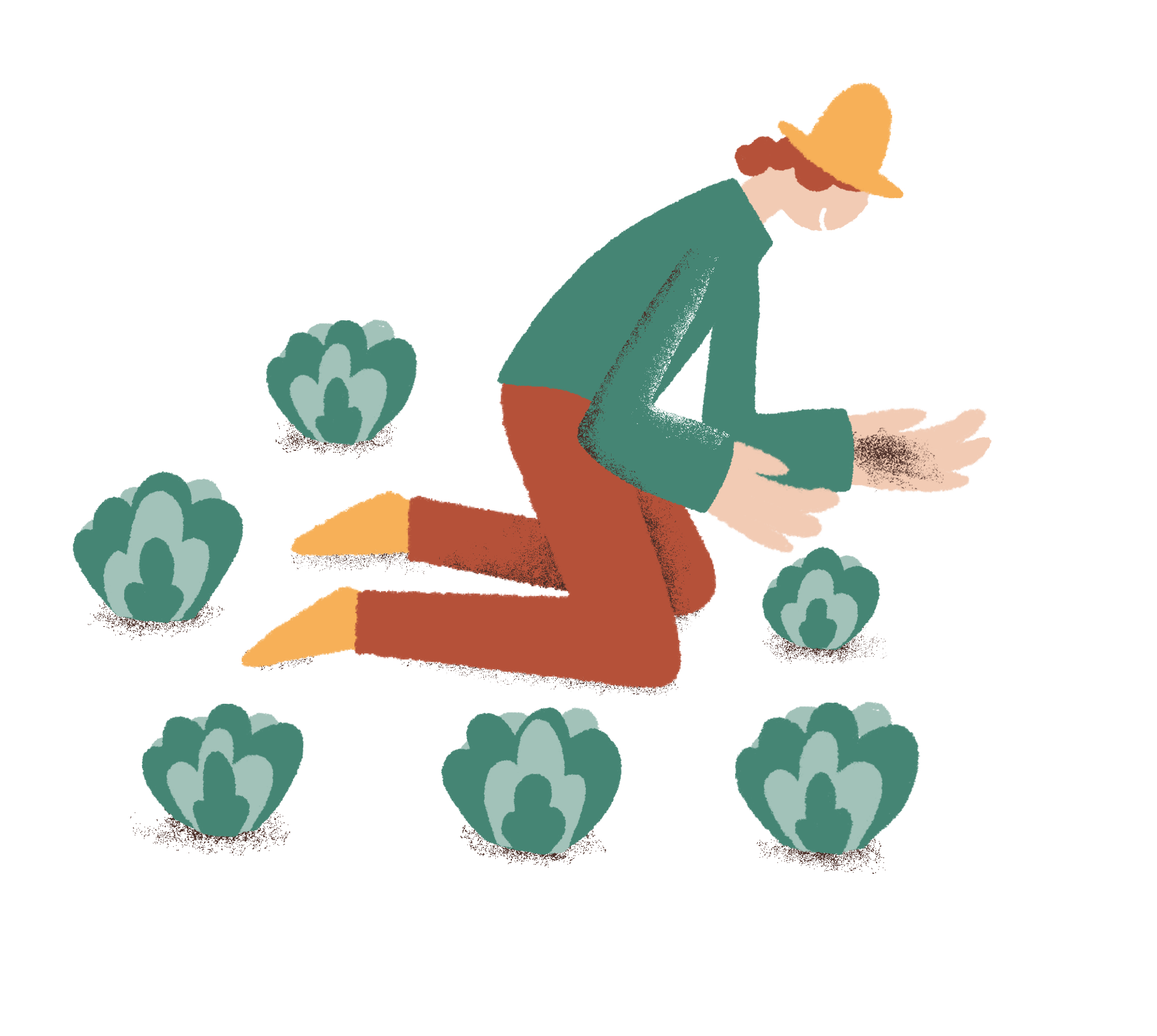Food insecurity on the electoral campaign’s menu


By François Pays, Coordinator of the Table de Concertation sur la Faim et le Développement Social de l’Outaouais.
This year, the Table de Concertation sur la Faim et le Développement Social en Outaouais (Roundtable on hunger and social development of the Outaouais) is involved in the non-partisan Eat Think Vote campaign, coordinated by Food Secure Canada, which features events from coast to coast to coast, encouraging communities to engage in dialogue with their federal election candidates on ways to improve our food system.
On this occasion, the TCFDSO invited the different parties to answer a few targeted questions: we sought to obtain diversified points of view, both at the level of the parties and at the level of the Outaouais ridings. As a reminder, the Outaouais region has 4 ridings – two of which are more urban, Hull-Aylmer and Gatineau, and two more rural, Pontiac and Argenteuil-Petite-Nation.
We exchanged with the candidates on food, food security, workers’ rights, food sovereignty of Quebec and Indigenous peoples…so many central questions to which it is high time to find concrete answers.
Of the five main parties running in the Outaouais, only three responded to our invitation, namely the Conservative Party, the Green Party and the Bloc Québécois. The Liberal Party, contacted in two different ridings, indicated that it was overwhelmed by press requests and was preparing a written response. In the event of a response after publication, this article will be amended. The New Democratic Party, contacted in three different ridings, did not respond to our invitations.
The Conservative Party was represented in this process by Ms. Sandrine Perion, the candidate in the riding of Hull-Aylmer.
Ms. Perion highlighted her experience in the Quebec community sector, particularly in social development in the Montreal neighbourhood of St. Henri. When asked about food security issues, she indicated the need to understand the economic conditions worsening access to healthy food across Canada. The Conservative Party’s platform is to avoid a financial crisis and the austerity policies accompanying it. The current price inflation has a disproportionate impact on food expenditures and affects, in particular, the poorest populations and would eventually threaten the entire middle class and specific populations such as seniors. As such, the Conservative Party sees food insecurity and rapidly rising food expenditures as harbingers of economic deterioration that must be stopped. For example, the Conservative Party is putting forward tax measures, such as employee benefits and tax relief, to encourage economic recovery and hiring in areas such as agri-food and restaurants.
The Bloc Québécois responded through Mr. Simon Provost, candidate in Hull Aylmer.
First, the candidate points out that food issues are only partially under the jurisdiction of the federal government. The Bloc Québécois advocates for a strengthening of provincial jurisdiction to better manage food and food security issues. The Bloc Québécois has historically positioned itself on the federal political scene to reform the dominant agricultural model and restrict the use of pesticides in conventional agriculture in Canada, as evidenced by the recent scandal over the increase in pesticide thresholds. The processing of temporary immigration files in the agricultural sector is another area where the provincial government should exercise greater control in order to avoid exploitative situations. The Bloc Québécois also encourages the strengthening of more local consumption patterns in a quest for food sovereignty. This notion of food sovereignty refers to the need to promote local production and reduce the environmental impact of the current agri-food system. The importance of preserving a food network that is distinctly Quebecois was illustrated in particular during the various strike movements and the partial closures of slaughterhouses during the pandemic. By diversifying infrastructures in favour of proximity networks, food sovereignty would increase Quebec’s resilience in terms of food and would limit animal suffering linked to livestock transportation.
This food sovereignty also involves a process of compensating farms for the losses incurred under international free trade agreements and the resulting infringements on supply management in Quebec. According to Mr. Provost, the Bloc Québécois, as a sovereignist political party, is particularly inclined to develop relations with Indigenous peoples to promote their food sovereignty.
The Green Party of Canada was involved in the exercise through Simon Gnocchini-Messier and Saughn McArthur, candidates in Hull-Aylmer and Pontiac respectively.
First, the Green Party mentions its commitment to a guaranteed minimum income to cover the basic needs of the entire population. Food expenses are becoming an increasingly important part of the budget of Canadians and are at the forefront of the social determinants of health. Far from being a money pit, a guaranteed minimum income offers an opportunity to revise various social programs in order to provide more effective and less costly assistance. In addition to this proposal, the Green Party proposes food stamps in partnership with provincial governments and municipalities to encourage local purchases and agricultural production. The Green Party seeks to promote local consumption initiatives such as farm baskets and to promote a production model that is more respectful of the environment (infrastructure, pesticides, etc.). For the candidates, this reinforcement of local consumption habits must be accompanied by a reform of immigration rules in the agricultural field to offer a more protective system to immigrants. The Green Party aims to strengthen the logic of local food autonomy by promoting and supporting community initiatives and strengthening production incentives in the most isolated and northern regions. In particular, the Green Party insists on the recognition of indigenous models of protection of the territory and its resources through the establishment of natural protection zones managed by indigenous groups and the strict application of the recommendations of the Truth and Reconciliation report, especially in the area of food sovereignty. This recognition of traditional knowledge must allow for the reduction of pollutants in the food of Indigenous peoples but also of the Canadian population as a whole.